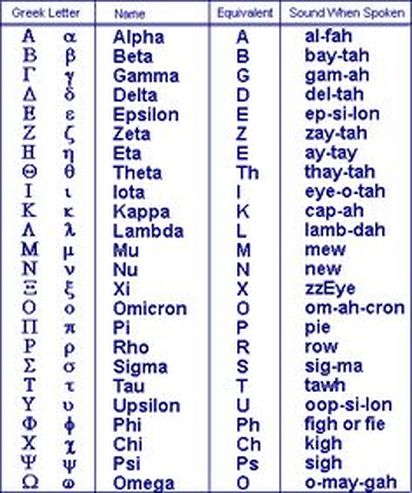

It is possible that the word minos originally meant “king”, or was merely adopted as the title of the kings after Minos. Likely means “woman” or “wife”, though it may mean “the hidden one” The name may have originally meant “the horned god”. The name was confused with Chronos sometime around the 15th century, and there grew an image of Kronos as “father time”. The meaning of the name is uncertain, but the name Hermes has come to mean “messenger”, as Hermes was the messenger god. The name is somewhat comical, since Hera was often eager to see Heracles fail. Heracles was the son of Zeus, Hera’s husband, and a mortal woman. Litterally, it means “the glory of Hera”. Hera’s name may mean “season”, though it may also mean “heifer”, which would be consistent with her common description as cow-eyed. It may have similar origins as the name Helen, but is presumably older. The name of their mythical founder, Hellen, may have come after they adopted the name. The ancient Greeks called themselves the Hellenes. It may mean “the moon”, “torch” or “to roll”. The term “gorgon” comes from the Greek gorgos, which means “dreadful”. Curiously, they are also known as the Eumenides, or “the gracious ones”. The Hittites who inhabited part of this rejion called themselves the Nesi, though it is also thought that the myth of Nysa was invented after the god was named. Notably, the worship of Dionysus seems to come from Asia Minor (now Turkey). Nysa was a mythical place where Dionysus was raised by Nymphs.

The name seems to mean “the Zeus of Nysa”. Originally meant “scheme”, but is traditionally thought to mean “famed for her suitors”. The latinized name Cerberus comes from the Greek Kerberos, which likely comes from an Indo-European word meaning “spotted”. Both are consistent with the myth of Atlas. Potentially means “enduring”, though it is still debated by scholars. Athena’s name is shared with the city-state of Athens. Plato explains that Athenians thought it meant “divine mind”. The name possibly originated with an Indo-European word for “bear”, but has come to mean “safe” in Greek. Eventually, Greek language associated the name with the verb “to destroy”. It may also have originally meant “assembly”. It originally seems to mean “she who appears at dusk”, a reference to the evening star Venus and Aphrodite’s mesopotamian origins.Īccording to the Greek philosopher Plato, the name comes from the Greek words for “redeem”, “purification” and “simple”. The name has come to mean “risen from the foam” after aphros for “foam”, but this is a definition that comes after the name. “love returned”, meaning love that is requited rather than rejected It may come from a Persian word meaning “warrirors”, though it has also been proposed to mean “manless”. Included are the names of gods, goddesses, heroes and other figures, and their past and present meanings where available. The following is a list of names in Greek mythology.


 0 kommentar(er)
0 kommentar(er)
